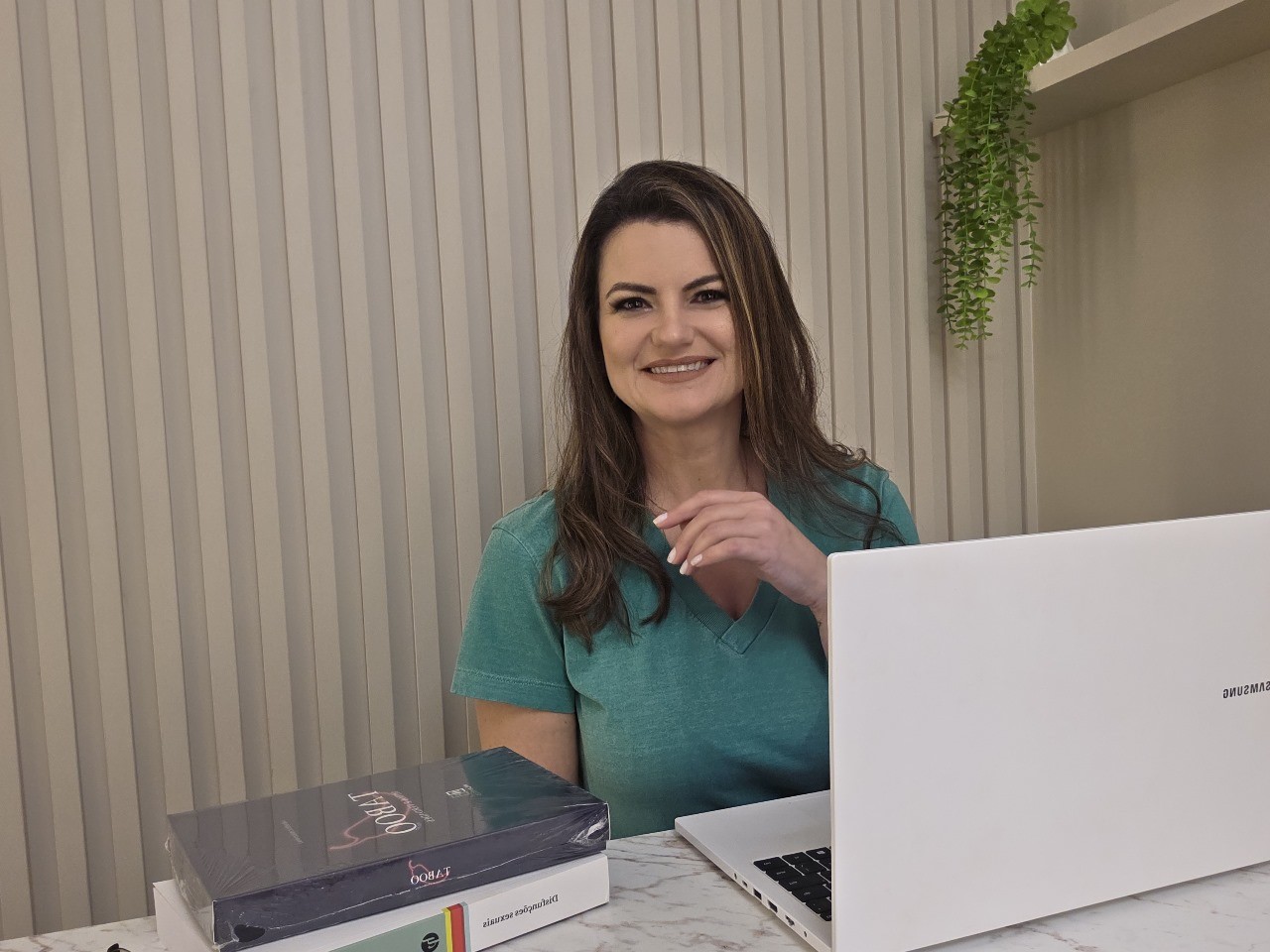Psychologist explains how self-control and slow breathing help in crises and pressure situations.
In moments of crisis, a single choice can separate chaos from clarity: staying in control. Psychologist Graziele Zwielewski experienced this intensely during a flight, when she suffered a severe choking episode beside her young son.
Without medical resources available and faced with the insecurity of the flight crew, she realized her survival depended directly on remaining calm.
“I knew that if I panicked, I would lose my ability to think. And no one there knew what to do with me,” she recalls.
The conscious choice to breathe slowly and focus on serenity was crucial to avoid suffocation and preserve mental clarity.
The science behind calmness
According to Graziele, slow-breathing techniques are scientifically proven to reduce cortisol and adrenaline, hormones linked to stress. They support safer decision-making under pressure.
“If I believed I was dying, my body would speed up even more. So I focused on staying calm and on inhaling and exhaling,” she explains.
Self-control as an essential skill
With nearly 20 years of experience treating panic disorder, the psychologist reinforces that self-control is an essential mental health skill.
“It allows you to regulate emotions, make decisions under stress and act with emotional intelligence even in extreme situations,” she states.
Although genetic traits may influence this ability, she emphasizes it can and should be developed throughout life. Graziele also highlights that self-knowledge is essential for healthy self-control.
“Self-control is welcome in immediate risk situations such as choking, accidents, medical emergencies and in emotional or interpersonal conflicts such as grief, trauma and breakups. Staying calm strengthens your ability to act intelligently, increases the chances of better outcomes and reduces the likelihood of future regret,” she shares.
Practical tips
The psychologist shares recommendations that help strengthen self-control. The first involves combining breathing practices with meditation.
Graziele explains that slow-breathing techniques are backed by controlled studies and systematic reviews. They reduce stress hormones and adrenaline levels, bringing more serenity, mental clarity and better decisions. Meditation also helps lower anxiety, depression and stress.
Another key recommendation is psychotherapy.
“As the word itself says: self, meaning you with yourself. If you don’t know yourself, you can’t control yourself. Psychotherapy is essential to have the manual of who you are. After all, you need self-knowledge to develop healthy self-control,” she concludes.

